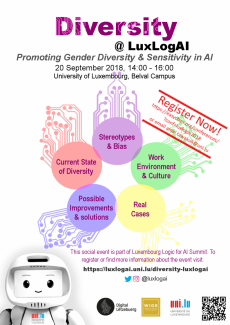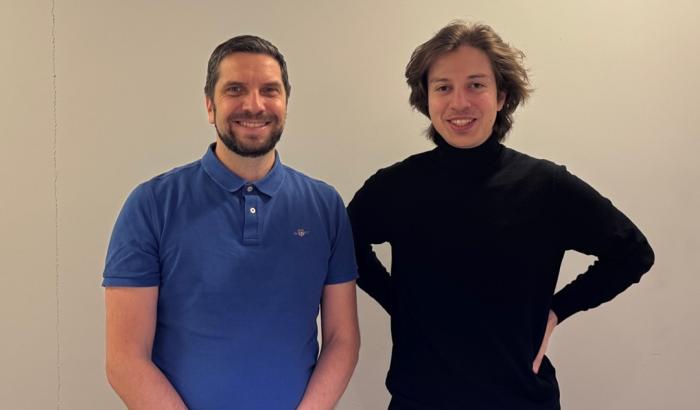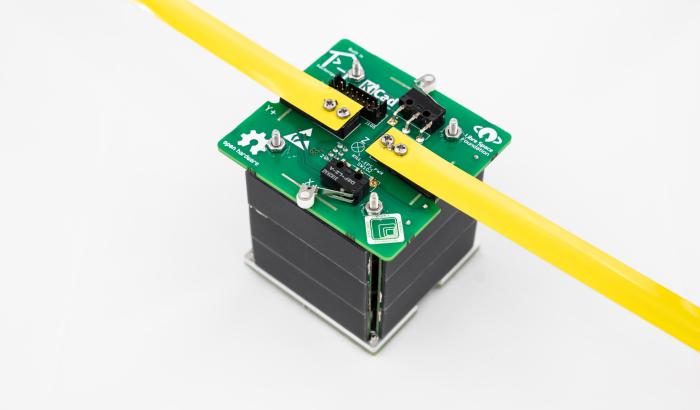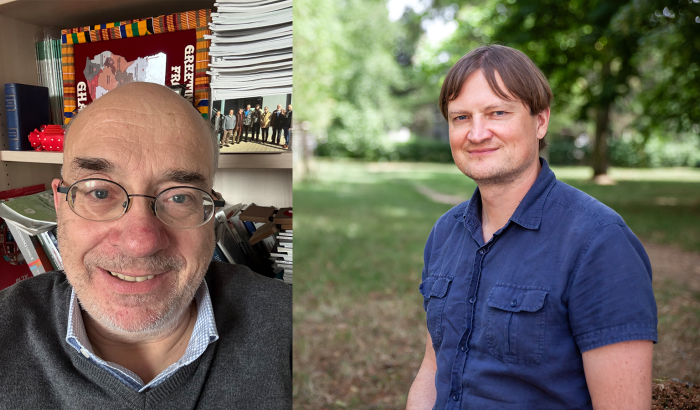
© shotshop.com
We aim to provide a friendly and relaxed environment for all participants.
What: Diversity@LuxLogAI, an event to promote women in computer science and artificial intelligence.
When: 20th September 2018, 14:00 – 16:00
Where: University of Luxembourg, Campus Belval, Maison des Sciences Humaines, Blackbox (ground floor)
What does the event offer?
The event is organized as part of Luxembourg Logic for AI Summit (LuxLogAI 2018). The main theme of Diversity@LuxLogAI is to promote gender equality and sensitivity in Computer Science and Artificial Intelligence.
The event will gather researchers and practitioners from the field to provide their views of the current state of diversity and contribute in discussions at multiple tables lead by hosts addressing different topics (see invited hosts below).
The event will allow hosts and participants to engage in an open and hopefully ongoing dialog to promote and support women in Computer Science and Artificial Intelligence.
We are looking to identify existing problems, highlight progress and propose solutions to improve the opportunities and experiences of current and future women in Computer Science and Artificial Intelligence.
By participating you will have the opportunity to share your experiences and network with researchers within your field.
Invited hosts
- Prof. Dr. Tonie VAN DAM (The University of Luxembourg)
- Dr. Daria Stepanova (Max-Planck-Institut für Informatik, Germany)
- Dr. Cynthia Kop (Radboud University Nijmegen, Netherlands)
- Dr. Valeria Depaiva (Nuance Communications, USA)
- Dr. Aida Nazarikhorram (LuxAI, Luxembourg)
Option: The event will be followed by a separate conference (Panel Discussion) to promote women in ICT (same day from 17:00 to 19:00) with Keynote speech from Lydia Mutsch Minister for health and Equal Opportunities (more information can be obtained at the event).
Register now!
Send an email to amal.tawakuli@uni.lu or shohreh.haddadan@gmail.com. Please note that places are limited to 25 participants only. Event webpage: https://luxlogai.uni.lu/diversity-luxlogai/
3 good reasons to participate
- We aim to provide a friendly and relaxed environment for all participants to be involved in the table discussions and to share their thoughts and opinions over coffee and snacks (mostly desserts).
- Representatives from Amazon, Digital Luxembourg, Golden Z club and Women in Digital Empowerment (WIDE) are invited with time allocated for networking during and after the event.
- Gift bags for all participants.
Organisers & Contact
The event is organised by the University of Luxembourg as part of Luxembourg Logic for AI Summit (LuxLogAI 2018), with the support of Digital Luxembourg (sponsor) and
Women in Digital Empowerment (partner).
Contacts:
Amal Tawakuli amal.tawakuli@uni.lu
Sytze Van Herck
Shohreh Haddadan shohreh.haddadan@gmail.com
More information on the event webpage.
Author: University of Luxembourg
Photo: shotshop.com





